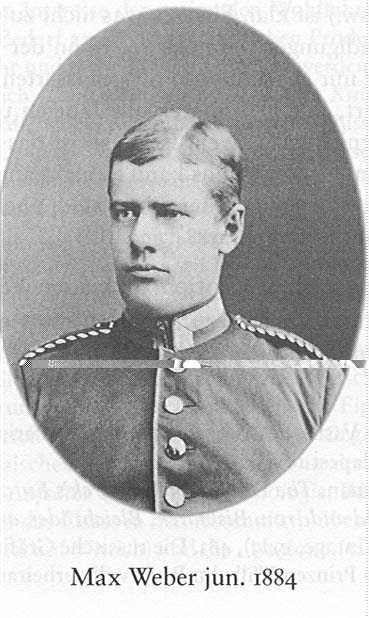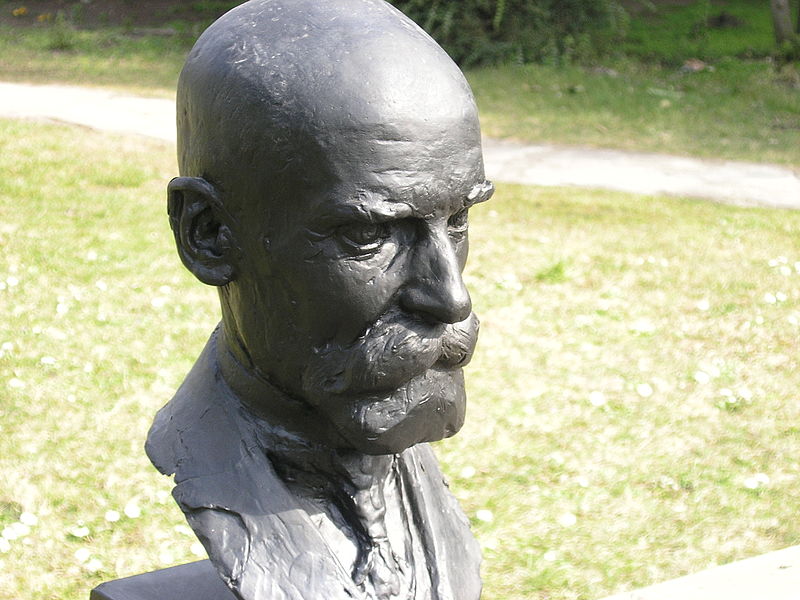Key Difference – Max Weber and Durkheim
Between Max Weber and Durkheim, some differences can be identified in relation to their theoretical standing in classical sociological theory. In sociology, Durkheim, Weber, and Marx are considered as the holy trinity. This highlights the importance given to these sociologists for their contribution to understanding the society. The key difference between Weber and Durkheim stem from their theoretical perspectives. Weber followed the social action or else interpretive perspective, unlike Durkheim, who belonged to the functionalist perspective. Through this article let us examine the differences between Weber and Durkheim.
Who is Max Weber?
Max Weber was a German sociologist who was born in 1864. He is considered as one of the founders of sociology along with Karl Marx and Emilie Durkheim. Unlike the Functionalists and conflict theorists, Weber approached the discipline of sociology in a different manner. He spoke of a concept called ‘social action.’ By this, he implied that people in the society attach different meanings to their actions. In order to understand the society, one should pay attention to these social actions. Weber speaks of two types of understandings that can be gained through studying the social action. They are, observational understanding that refers to the comprehension an individual gains through observing and explanatory understanding where one has to pay attention to the motive to understand the meaning.
Other than these, Weber also spoke of the relationship that existed between Capitalism and the Protestant religion in the book ‘The Protestant Ethic and the Spirit of Capitalism’. He highlighted that Capitalism was also visible in countries where Protestant religion was practiced. Through his book, he explained how the religion created an ideology of being destined to go to heaven and how this is connected to the growth of capitalism.
He also spoke of bureaucracy and authority as well. Weber expressed that bureaucracy was a key characteristic the modern society because this is seen in all institutions in the industrial society. He explained that it was not only a system of control but also a chain of command where an organizational hierarchy was created. He explained the key features of an ideal bureaucratic system where things would take place in an efficient manner. Weber also spoke of three types of leadership authority namely, traditional authority, charismatic authority, and rational-legal authority. He highlighted that in the modern society what is most visible is the rational-legal authority.

Who is Durkheim?
Emilie Durkheim was a French sociologist born in 1858. He is also considered as a founder of sociology. Similar to Weber, Durkheim also spoke on a number of topics such as religion, society, social facts, consensus, suicide, etc. However, his approach to sociology was different from Weber. One of the key concepts of Durkheim is ‘social facts’. According to him, these refer to institutions, culture, beliefs, etc. which are external to the individual yet have the power to influence him. He pointed out that the main function of the sociologist should be the study of social facts.
He also studied the division of labor in his book ‘The division of labor in society’. Through this, he introduced two concepts called the mechanic and organic solidarity. He explained that mechanic solidarity existed in pre-industrial societies where there is more homogeneity. People were engaged in similar activities and shared beliefs. However in the industrial society, organic solidarity can be noticed since the differences among people are highlighted in this society.
Durkheim also spoke of religion in his book ‘The Elementary Forms of the Religious Life’ where he spoke of the sacred, the profane and also of Totemism. When speaking of Durkheim his study on suicide is also very important because through this he created a typology of suicide such as egoistic, altruistic, anomic and fatalistic suicide. This highlights that differences can be identified between these two sociologists.

What is the Difference Between Max Weber and Durkheim?
Introduction to Weber and Durkheim:
Weber: Max Weber is a German sociologist who is categorized under interpretive perspective.
Durkheim: Durkheim is a French sociologist who is categorized under functionalist perspective.
Differences between Weber and Durkheim:
Perspective
Weber: He is categorized under interpretive perspective.
Durkheim: He is categorized under Functionalist perspective.
Understanding the society
Weber: Social action is stressed.
Durkheim: Social facts are stressed.
Structure
Weber: Although he recognized certain aspects of structure, he believed that the social action was far too significant.
Durkheim: Durkheim paid specific attention to the structure of the society.
Image Courtesy: Max Weber in 1884 [Public domain], via Wikimedia Commons. Le buste d’Émile Durkheim 05 By Christian Baudelot [CC BY-SA 4.0], via Wikimedia CommonsncG1vNJzZmivp6x7pbXFn5yrnZ6YsqOx07CcnqZemLyue8OinZ%2Bdopq7pLGMm5ytr5Wau265wLFksJ2Smr9urc2dZK%2BrXZnCs7fHnqCmZw%3D%3D